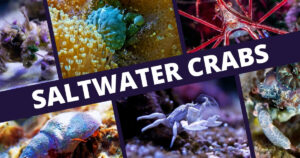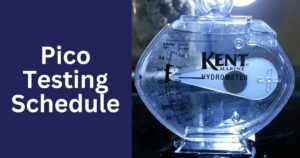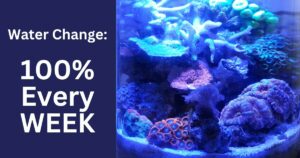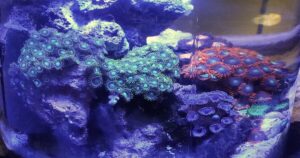I’ve discovered that success lies not in complicated dosing schedules but in the basics of reef keeping on a miniature scale.
The simple answer is that you don’t need to dose a pico reef unless you’re medicating the tank.
In this guide, I’ll explain why dosing isn’t advisable for pico reef tanks and what alternative methods you can use to maintain a thriving mini-ecosystem.
The Risks Of Dosing In Pico Reefs
When it comes to managing pico reefs, the small volume of water makes them uniquely sensitive to any changes in water chemistry. The limited water volume means that even minor adjustments or additions can lead to significant shifts in parameters such as salinity, pH, and nutrient levels.
The main risk associated with dosing in such small systems is the potential for overdosing.
Because these tanks are so compact, what would be considered a minor error in a larger aquarium could have drastic consequences here. An overdose will not only shift water parameters rapidly but could also lead directly to stressing or harming your tank’s inhabitants.
Corals and other sensitive organisms thrive within fairly narrow parameter ranges, and sudden changes can lead to bleaching events, inhibited growth, or even death.
So, while dosing might seem like an effective way to address deficiencies or imbalances in larger setups, the practice carries significant risks when applied to pico reefs.
The key lies in adopting strategies that prioritize stability and gradual change over quick fixes.
Alternative Strategies To Dosing
Instead of reaching for the dosing bottles at the first sign of trouble, consider these less risky strategies to maintain your pico reef’s health.
- Water Changes: Regular weekly water changes (100% for pico’s) are like hitting the reset button on your tank’s environment. They’re incredibly effective at maintaining stable water parameters by accomplishing two key tasks: replenishing essential minerals and removing waste products.
- Targeted Feeding: Targeted feeding combined with a water change shortly after ensures that your corals and invertebrates receive the nutrients they need without overloading the system with excess food that can decay and pollute the water.
So, I encourage you to focus on these basics. Keep a keen eye on your tank through regular observation—watching for signs of stress or imbalance. This hands-on approach will deepen your understanding and connection with your pico reef.
By steering clear of unnecessary dosing and sticking to diligent care practices, you’ll find that maintaining a healthy pico reef is quite achievable and incredibly satisfying.





